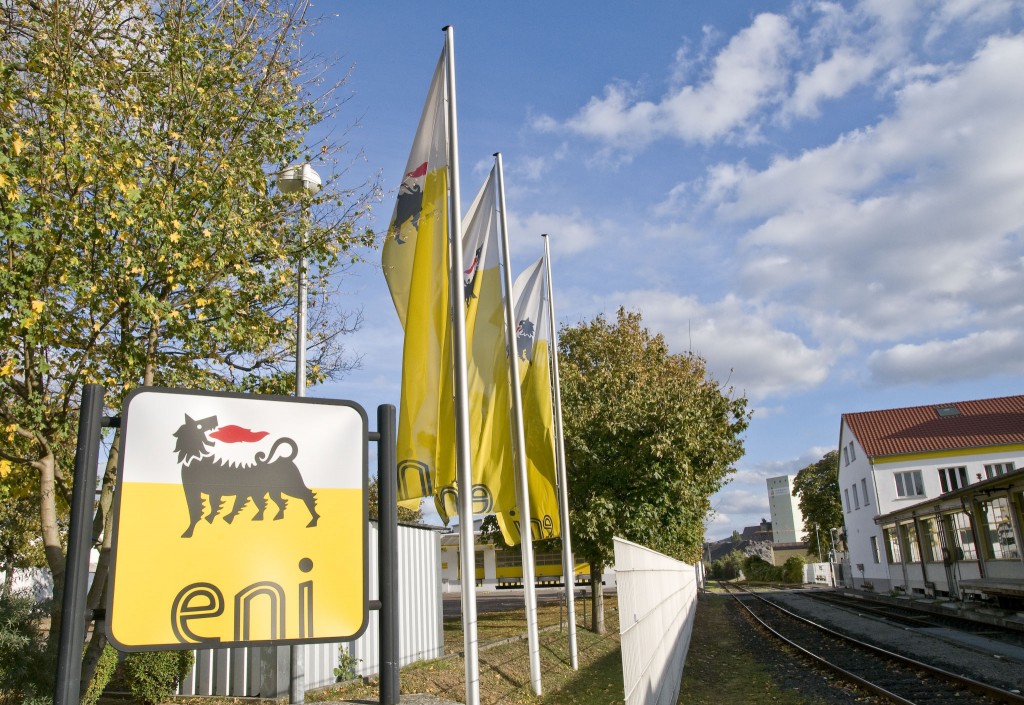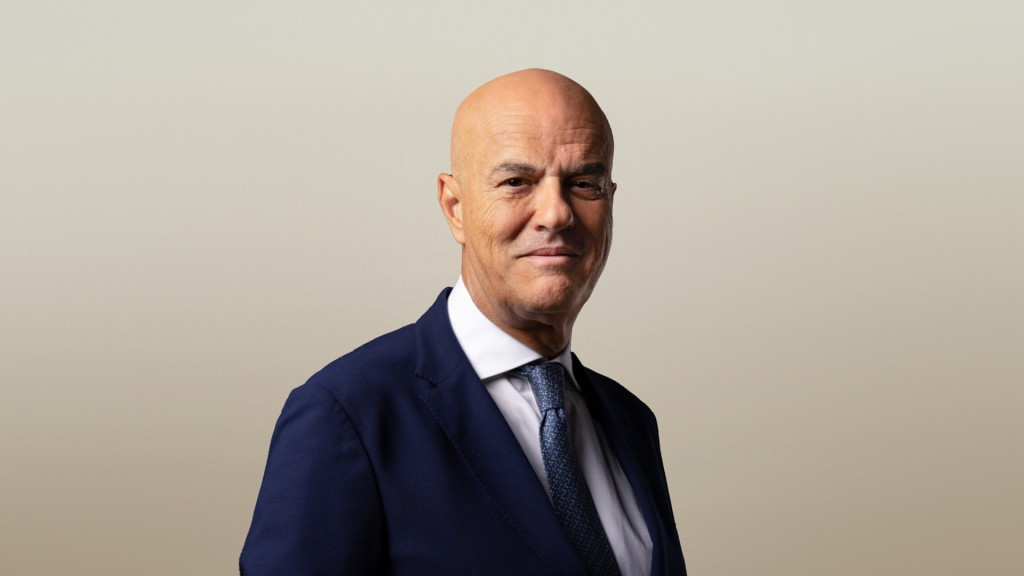Eni Expands Partnership with CFS in $1B Fusion Power Agreement

- Eni signs a power purchase agreement worth more than $1 billion for 400 MW of fusion power from CFS’ first ARC plant in Virginia, expected online in the early 2030s.
- The deal expands Eni’s role from early investor to commercial partner, reinforcing its long-term bet on fusion as a scalable decarbonization technology.
- The agreement comes as fusion advances from experimental validation toward grid-scale commercialization, with rising interest from governments, utilities, and industrial buyers.
Fusion Moves Closer to Market
Italian energy major Eni has agreed to purchase more than $1 billion worth of electricity from Commonwealth Fusion Systems’ (CFS) first commercial-scale fusion power plant, marking one of the largest financial commitments yet by a traditional energy company toward fusion deployment.
The agreement centers on CFS’ 400 MW ARC plant under development in Chesterfield County, Virginia, slated to connect to the U.S. grid in the early 2030s. The project is designed to be the first fusion power facility supplying baseload electricity at scale, moving the technology out of the research stage and into commercial markets.
This is CFS’ second major offtake agreement in as many months, pointing to accelerating demand for fusion as a potential zero-carbon energy source.
From Investor to Offtaker
Eni has been a shareholder in CFS since 2018 and increased its position in the company during its $863 million Series B2 round. Until now, the partnership focused on technological collaboration, including expertise in project execution and regulatory engagement. The new power purchase agreement formalizes Eni’s role as a long-term buyer of fusion power.
“This agreement with Eni demonstrates the value of fusion energy on the grid,” said Bob Mumgaard, co-founder and CEO of CFS. “It is a vote of confidence to have Eni, who has contributed since the beginning, commit to buying the power we intend to make in Virginia.”

Eni CEO Claudio Descalzi called the deal a “turning point in which fusion becomes a full industrial opportunity,” framing it as part of the company’s wider transition strategy. “As energy demand grows, Eni supports the development of fusion power as a new energy paradigm capable of producing clean, safe, and virtually inexhaustible energy,” he said.

Technology and Execution Track Record
CFS, spun out of MIT in 2018, has focused on advancing high-temperature superconducting magnet technology — a critical step in building smaller, more efficient fusion devices. The company recently demonstrated the SPARC machine in Massachusetts, designed as a proof of concept for its commercial ARC plant.
The Virginia project aims to scale this platform into grid-connected capacity, with construction and permitting processes already underway. If successful, ARC could establish the first repeatable template for fusion power plants worldwide.
RELATED ARTICLE: Eni Sells 20% of Plenitude to Ares for $2.3B in Renewables
Implications for Energy Leaders
The Eni-CFS deal is more than a bilateral contract. For utilities, industrial offtakers, and governments, it marks a signal that fusion is transitioning from laboratory to market dynamics. While timelines remain uncertain, the presence of a $1 billion+ PPA from a multinational energy firm gives fusion credibility in boardrooms and ministries weighing long-term decarbonization pathways.
For investors, the partnership highlights how incumbent energy players are hedging portfolios through direct bets on breakthrough technologies rather than waiting for policy mandates. Fusion’s promise of near-limitless, carbon-free baseload generation could also reshape debates over grid reliability, resource nationalism, and industrial competitiveness in the 2030s.
A Global Play
Eni has been active in the U.S. energy market since 1968 and continues to expand its renewables, biofuels, and innovation portfolio through its Boston-based venture arm, Eni Next. The company has made fusion a pillar of its long-term decarbonization strategy, aligning with both EU climate commitments and global net-zero targets.
CFS, meanwhile, has attracted backing from both tech and energy giants, positioning itself as the frontrunner in commercial fusion. With the Virginia ARC plant as a proving ground, the next decade will determine whether fusion moves from aspiration to a scalable pillar of the energy system.
For now, the Eni-CFS agreement stands as one of the clearest indications yet that fusion energy is no longer confined to scientific conferences — but is entering the realm of billion-dollar contracts and industrial-scale commitments.
Follow ESG News on LinkedIn









